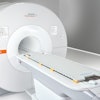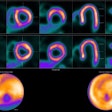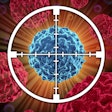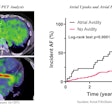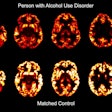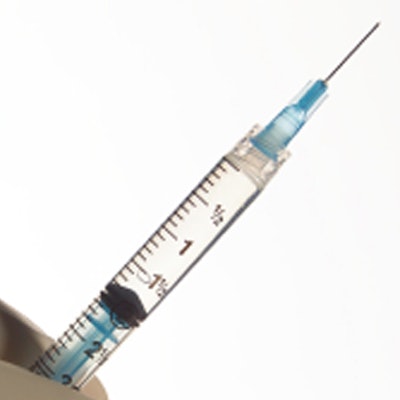
Navidea Biopharmaceuticals is highlighting results from a clinical study that suggests that PET/CT imaging with technetium-99m (Tc99m) tilmanocept helps to visualize the extent of arterial inflammation in people with HIV.
The study was conducted by a team led by Dr. Steven Grinspoon of Massachusetts General Hospital; results were published on July 20 in the Journal of Infectious Diseases.
Grinspoon and colleagues hypothesized that people with HIV would demonstrate higher levels of aortic arterial inflammation in relation to atherosclerotic plaque and immune activation than those without the disease, which in fact the study found: Imaging with Tc99m tilmanocept showed that HIV patients on antiretroviral therapy had significantly higher macrophage-specific arterial inflammation than a matched cohort without HIV.
"These data suggest increased macrophage-specific arterial inflammation of noncalcified plaque may be a mechanism of increased cardiovascular risk in people with HIV," Navidea said in a statement released July 25. "Use of Tc99m tilmanocept imaging may help to identify future targets for novel immunomodulatory therapies to reduce atherosclerotic cardiovascular disease risk among people with HIV on antiretroviral therapy."



